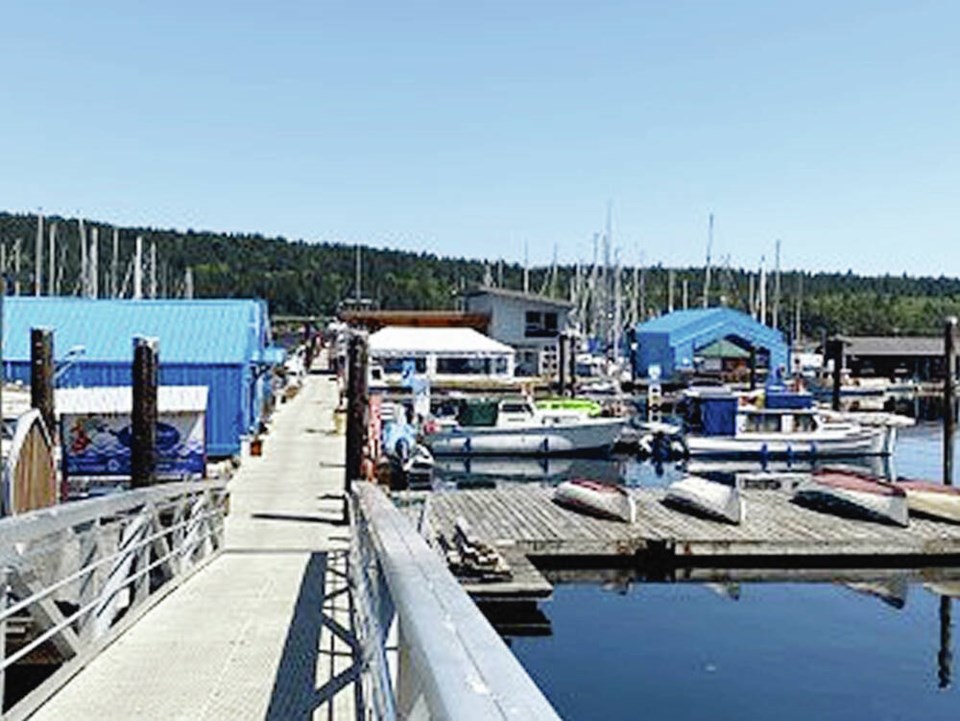A commentary by a Ladysmith resident.
Re: “Heritage boats moving out of marina,” Feb. 25
A significant cultural bond of trust has been broken by this provincial government turning over the several million dollars worth of assets owned by the Ladysmith Maritime Society to the Coast Salish Development Corporation.
The province no more owns the assets of the LMS community marina that they would own the local roads and buildings built or partially built with grants from provincial or federal governments.
However, a waterfront lease agreement allows for any improvements to be returned to the lessor if the lease is cancelled for cause, or the lease holder defaults.
This clause is normal in many leases, and is normally used under dire circumstances such as default. Under normal circumstances, the improvements or assets are owned by the lessor, which in this case was the Town of Ladysmith, who in turn had a longstanding operating agreement with the society.
Our Canadian system provides funding from various levels of government to numerous and varied “actors,” including non-profits who put the money to good use, such as building roads or hospitals, etc., or in this case a very much loved and well used public community marina.
This unique public facility, something like a park on the water, offered recreational use for dock walks, coffee, special events and cultural events, as well as a small museum and displays of restored vessels. Much of the operation was funded by a portion of the operating revenue from the moored craft along with the support of rafts of volunteers. The improvements, assets and programs were envisioned and created by the society, not the town or the province.
Government funding, a portion of which was provincial, was not provided on the understanding that the resulting infrastructure would belong to the province to turn over to a third party at some point. This bond of trust — specifically that the local actor is credible and provides a valuable service to the community, allows and motivates non-profit groups to do good works with the assistance of levels of government.
This trust has been undermined, and any organization operating in B.C. as a non-profit (that has physical assets) needs to watch their back, as this government has shown clearly it is happy using assets it can “claw back” via a legal technicality, in this case arbitrarily and unilaterally cancelling a lease.
The Maritime Society offered, indeed pleaded, to develop a cooperative operating model that would have maintained its community “marina operator” presence while working with the First Nation development corporation and the people of the Nation to develop a shared and respectful vision and future.
The Maritime Society, it must be noted, had a track record of outreach with the local First Nation, hosting events together and hiring youngsters, and building a relationship with our neighbours, the respected Stz’uminus people. The goodwill and outreach of the society was rebuffed or completely ignored by the local and provincial governments, as well as the development corporation.
The result is: We have another perfect example of how not to do reconciliation. Put this one in the list, along with the Royal B.C. Museum’s “cultural erasure” fiasco and the recent Land Act humiliation.
In each case, extensive, demanding, real consultation and collaboration could have reached societal goals instead of generating fear, reaction and negative results.
>>> To comment on this article, write a letter to the editor: [email protected]



